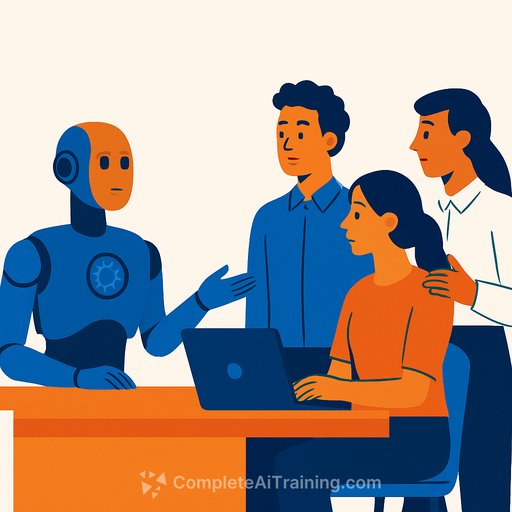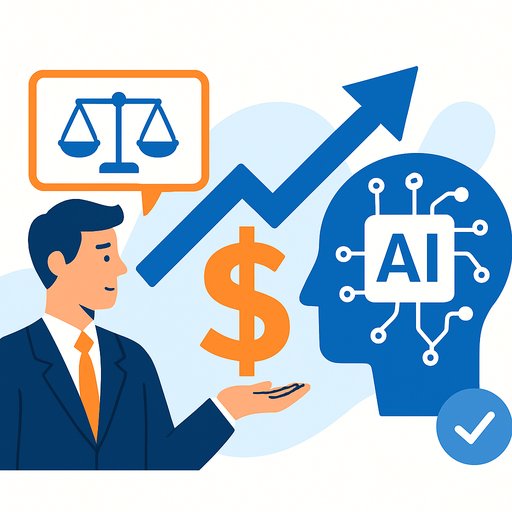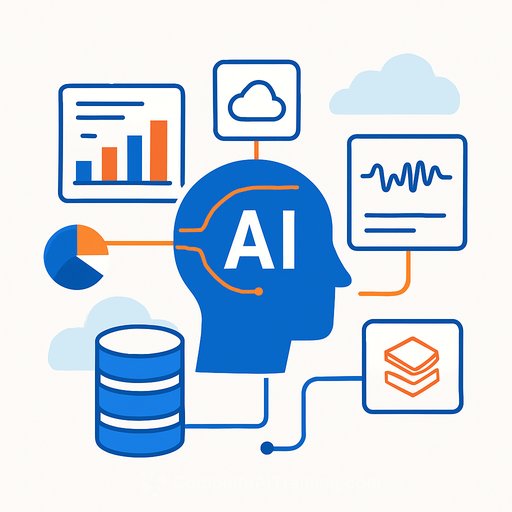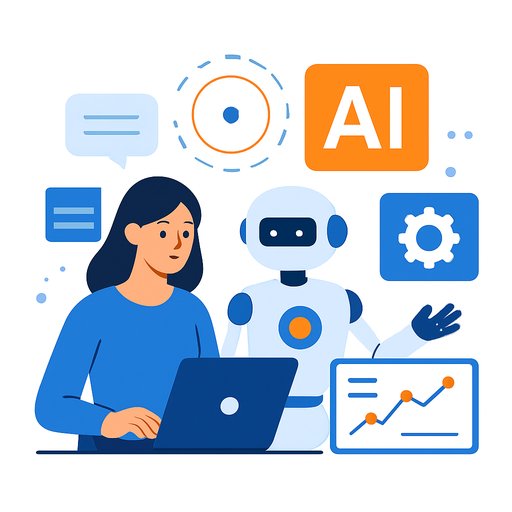Most Workers See AI Leadership as Fairer and More Efficient
A recent survey of nearly 1,000 U.S. workers found that 66% believe AI-led management could improve fairness and efficiency in the workplace. This reflects a growing openness among employees to allow AI tools to handle logical and administrative tasks while keeping emotional and motivational roles human-led.
Why This Matters for Managers
Workers are more willing to accept AI in decisions around hiring, budgeting, and promotions, with 73% supporting AI involvement in major company decisions and 55% saying AI could make better promotion choices than humans. This shift could influence how companies design leadership structures and performance evaluations.
However, employees still see limits to AI's role. About 64% believe motivating teams should remain a human skill, and 57% say true empathy can only come from humans. Only a third would prefer an AI manager overall.
Voices from the Field
- Lance Ulanoff, editor-at-large at TechRadar, notes that most workers recognize AI’s lack of empathy. This gap means AI managers might struggle to handle personal issues effectively.
- HR consultant Bryan Driscoll warns that AI isn’t free from bias. Since AI learns from data and programming, it can replicate existing prejudices and reinforce company priorities without challenge.
- Sara Gutierrez, chief science officer at SHL, points out that AI can help standardize decisions and increase transparency, but fairness isn’t automatic. It requires responsible design and constant oversight.
What Managers Need to Consider
Employers looking to integrate AI into management must focus on transparency and clear policies. The survey showed 85% of workers would trust AI more if its processes were transparent. Yet, concerns remain: 39% worry about surveillance and data misuse.
Driscoll summarizes the risk: replacing people with algorithms risks losing accountability and humanity in leadership. Fair workplaces depend on addressing bias, enforcing accountability, and involving workers in decisions—not just handing control to AI systems.
Implications for Your Team
As AI tools become more common on the job, managers should prepare to balance technology and human judgment. AI can assist in making data-driven decisions, but leadership demands emotional intelligence and trust-building that only humans can provide.
For managers interested in practical AI skills and courses that can help integrate AI tools responsibly, resources like Complete AI Training’s latest courses offer targeted learning paths.
Your membership also unlocks:





